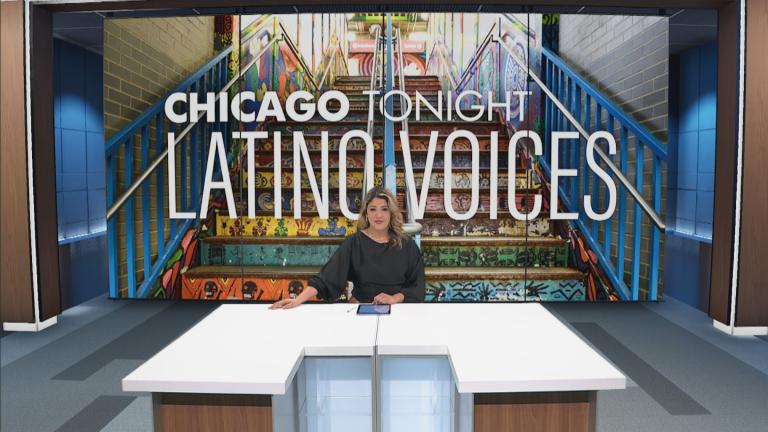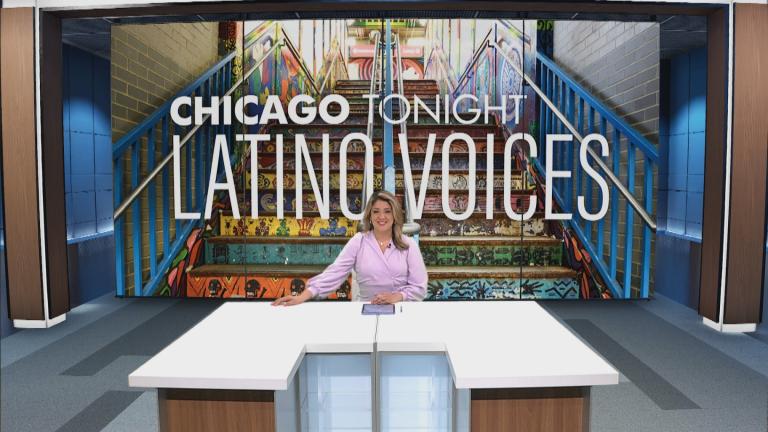The Supreme Court decision overturning Roe v. Wade raises the question of whether the constitutionality of gay marriage could soon be on the table.
Activists are mobilizing as about 12 states proposed legislation affecting LGBTQ Americans earlier this year. A so-called “don’t say gay” bill preventing teachers from discussing sexual orientation or gender identity was signed into law in Florida, a move that has become a possible template for other states to follow.
Gage Park Latinx Council (GPLXC) executive director Antonio Santos said the Roe v. Wade overturning has significant implications for what may come next for LGBTQ rights.
“I think that what the Supreme Court did today was an absolutely egregious violation [of] body autonomy, which is also an LGBTQIA+ issue as we speak about trans folks and how their bodies are legislated against,” Santos said. “We also know that taking away 50 years of precedence opens the door to gay marriage being next on the chopping block. Gay marriage has been around for less than a decade as law of the land. And I could see that Republicans would like to leave it up to states to make those decisions. And we know that when states are left to make those decisions, queer people and women suffer.”
The passed and proposed legislation in some states has created a sense of backlash against the progress made for LGBTQ civil rights in recent decades, Santos said.
“There have always been folks pushing to take away our rights. The idea that children are not allowed to learn about queer history is problematic. It’s the same thing with critical race theory and the idea that we should not talk about race in schools. Keeping marginalized people’s histories erased, makes it easier to propose crimes against them and take away their rights,” he said. “I think that folks feel that things have improved for the LGBTQIA+ community because we have hyper visibility right now through nonmainstream platforms. Queerness has come to the mainstream and that’s seen as threatening. People liked it better when they didn’t see plus people in movies or books or classrooms. The fact that they are being embraced as humans and as Americans and as part of this country is threatening for people who wish that we simply didn’t exist.”
Santos said now it’s up to organizations like GPLXC – which recently began paid internships for LGBTQ youth to learn the history of that community’s fight for civil rights – to offer welcoming places for LGBTQIA+ to continue the fight.
“I think that the threat on LGBTQIA+ youth is the biggest issue because that’s the next generation. We know that the next generation is far more open minded about LGBTQIA+ topics and that they are more expressive of their gender and identity and sexuality. And that is the threat,” Santos said. “And so as queer elders, it is our space to create safe spaces for young people to create community and express themselves.”








